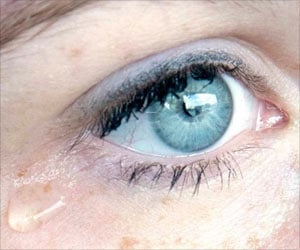Socially aloof couples with a small circle of friends are more likely to parent autistic children, says a new study.
Being an introvert could have a great impact on your progeny, reveals a new study. It suggests that socially aloof couples with a small circle of friends are more likely to parent autistic children.
The study evaluated how parents of autistic children evaluated facial expressions and found that they gauge the faces in exactly the same way as people having the disorder, despite them not being classified as autistic themselves.In the study, Ralph Adolphs of the California Institute of Technology in Pasadena conducted psychological tests on 42 parents of autistic children.
The results may further fortify the link between genetics and autism, and may also aid in identifying the genes responsible for some of the behavioral traits associated it.
On the basis of these tests, they grouped 15 of the parents as being ''socially aloof'', meaning that they tend not to enjoy small talk for the sake of it, and have very few close friendships involving sharing and mutual support.
Later they asked both these groups of parents and the parents of 20 non-autistic ''neurotypical'' children, to look at a series of faces and judge whether they looked happy or fearful.
They discovered that while those having autism had to make effort to read others' emotions, all three groups of parents scored equally on the task, getting it right around 83 percent of the time.
Advertisement
''This bears a striking resemblance to what we have reported previously in individuals with autism,'' New Scientist quoted Adolphs, as saying.
Advertisement
''Some parents who have a child with autism process face information in a subtly, but clearly different way from other parents,'' said Adolphs.
''It definitely supports the idea that there is a genetic basis to autism,'' said Angelica Ronald, an autism researcher at Kings College London.
Another theory is being floated indicating that behavioral traits such as introversion are passed down genetically, and thus a parent who is introverted and another who is mildly obsessive, will have child who is at increased risk of developing autism - although environmental factors are also likely to play a role as well.
The researchers said that identifying parents, who show such traits, might aid in identifying genes responsible for such behaviors.
''Autism is made up of social difficulties, communication problems and repetitive behaviors. It would be interesting to see if the parents have any of these other traits,'' said Angelica.
Source-ANI
TAN/S










